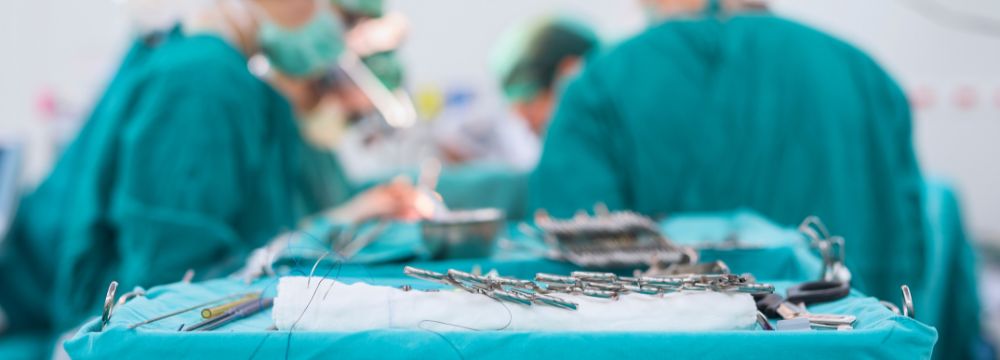When You Need a Conversion or Revision to Your Bariatric Procedure

Dr. Chang believes in a 100% commitment from his patients, just as he gives 100% of his passion and dedication to them. For most, this works well because weight struggles are lifelong. Without accountability, it’s easy to lose focus and motivation and gain back significant weight. Fortunately, good patient selection, education, and working on your habits keeps most of our patients on the right track. We rarely have to worry about bariatric revisions or conversions among our patients.
That being said, some patients do not have enough support and therefore, don’t lose enough weight. This can be a result of several things.
- The patient may have needed more time or counseling to prepare for bariatric surgery and thought losing weight was easy. We all know that this is the furthest thing from the truth.
- It’s also possible that life circumstances changed, and the stresses of situations around us caused us to lose focus and regain weight.
- Some patients are also embarrassed that they have started to regain their weight and do not want to return to their doctor to ask for help. Once again, any bariatric surgeon should be open and available to their patients if they are struggling.
- Lastly, the procedure may not be quite right and might not offer the weight loss we would expect. This is very much the case with Lap-Band®, also known as adjustable gastric band. Band revisions are the ones we perform most commonly.
When You Don’t Need a Revision
First, let’s explore when you DON’T need a revision. In the first two years after surgery, you may have gone through a range of emotions.
- Small fluctuations in your weight are normal.
- When you start working out in the gym, the muscle you build might make you gain a couple pounds. This should not discourage you.
- Your weight might plateau several times over the two years. This happens as your body becomes accustomed to your weight loss. These plateaus will resolve with proper diet and exercise. Once again, keep going.
- That said, there are times when a patient’s focus and dedication start to wane. This can be problematic if it’s not addressed early. If you are keeping your postoperative appointments, we can usually see when you are struggling and put a plan in place to improve your diet and exercise. Often, this avoids the need for a revision or conversion procedure, which might carry higher risk than the first bariatric procedure.
How Do You Know You Need a Revision?
First, if you consulted with your bariatric surgeon about weight regain and implemented proper diet and exercise without success, it may be time to consider a revision. It can be the case that the valve between the stomach and the small intestine enlarges allowing food to pass too easily…thereby allowing you to eat too much. Endoscopic solutions can handle these situations, but eventually, a follow-up surgery may be needed. We will also want to determine whether your pouch is too big. Most often, the pouch was made too big at the original surgery…but occasionally, it stretches. Revision surgery can reduce the pouch size, reduce how much you eat at a meal and help you lose weight.
Look at your habits beyond diet and exercise because many affect how you lose weight. Are you sleeping well? Are your stress levels under control? Are you taking all your required supplements? These can all contribute to success or failure in your postoperative life. Getting that delicate balance right is critical to continued success.
Lastly, if you’ve had a bariatric procedure and are experiencing significant side effects, including pain, nausea, lack of weight loss, considerable weight regain, and more, it’s time to look at the procedure itself. We mainly convert gastric bands, but we also convert sleeve to gastric bypass most often because of reflux and weight re-gain. However, most of these surgeries can be revised.
The Bottom Line
Bariatric revisions are an excellent way to get back on track if you have regained weight. Revision surgery is more complex and carries a higher risk than the primary bariatric procedure. However, employing a skilled revision/conversion specialist like Dr. Chang is the best way to minimize these risks and get back on track with your weight loss. If you’re having concerns about your primary bariatric procedure, we encourage you to contact our office and schedule a consultation with Dr. Chang to see if a conversion or revision may be appropriate for you.

